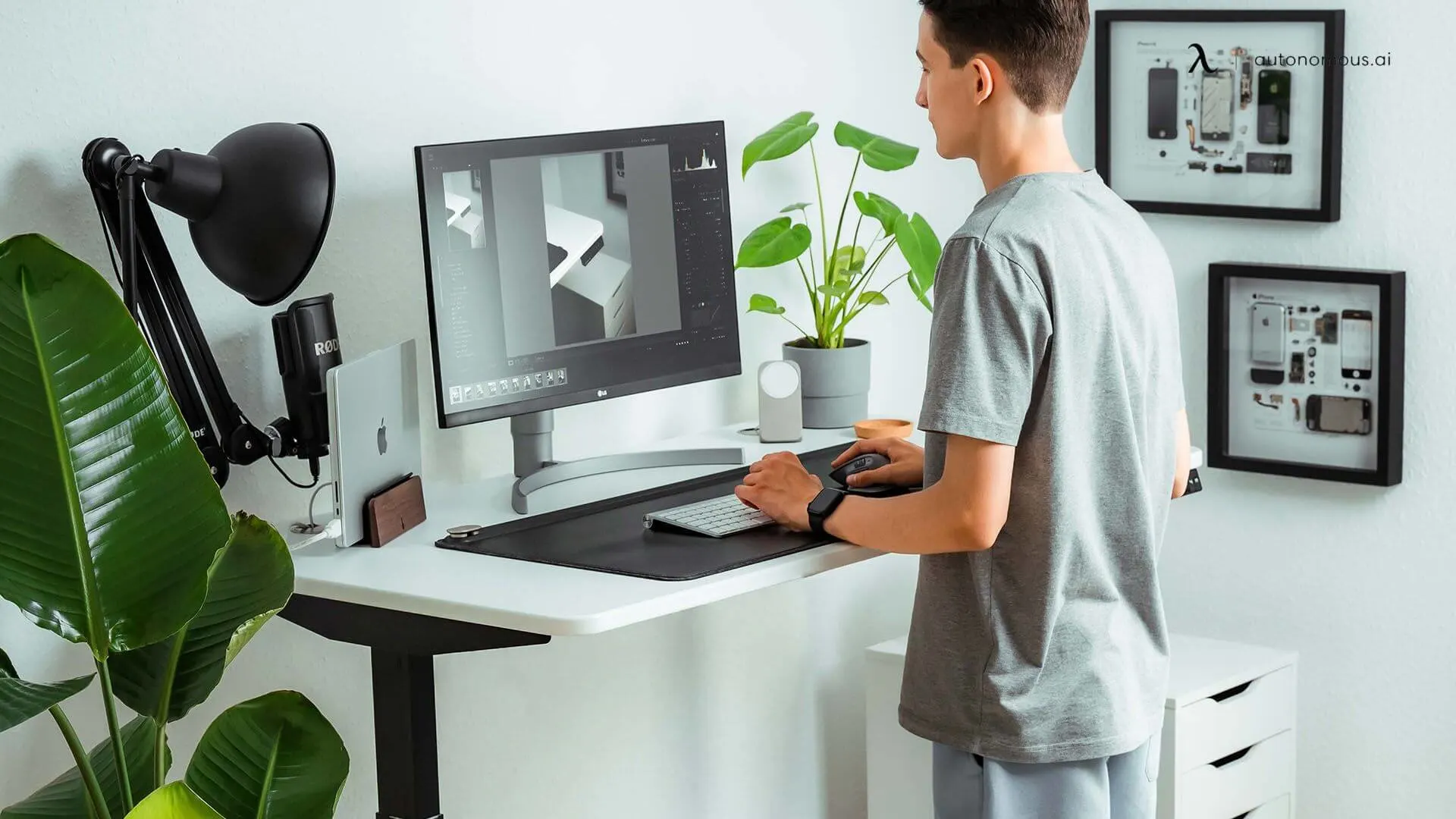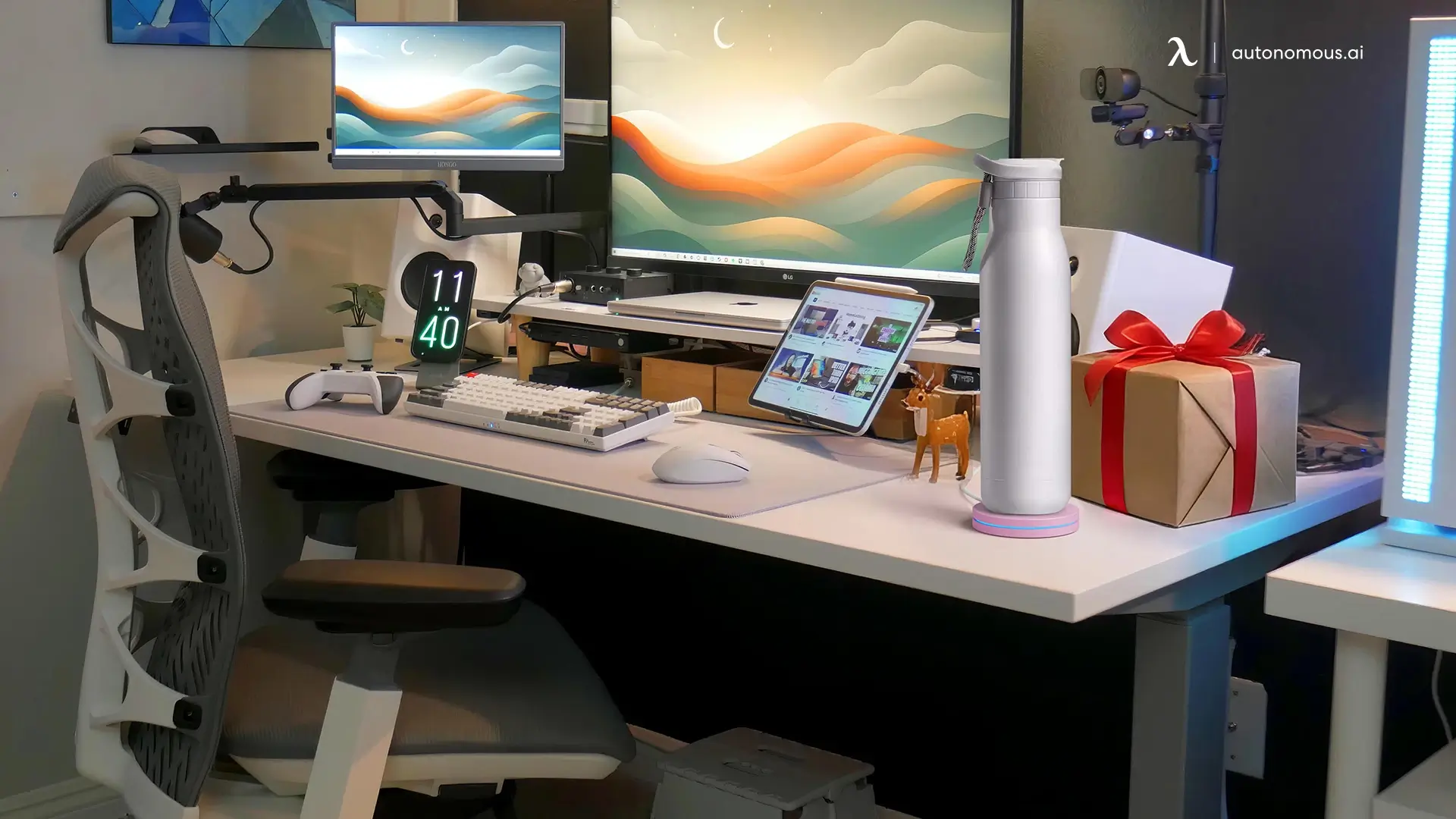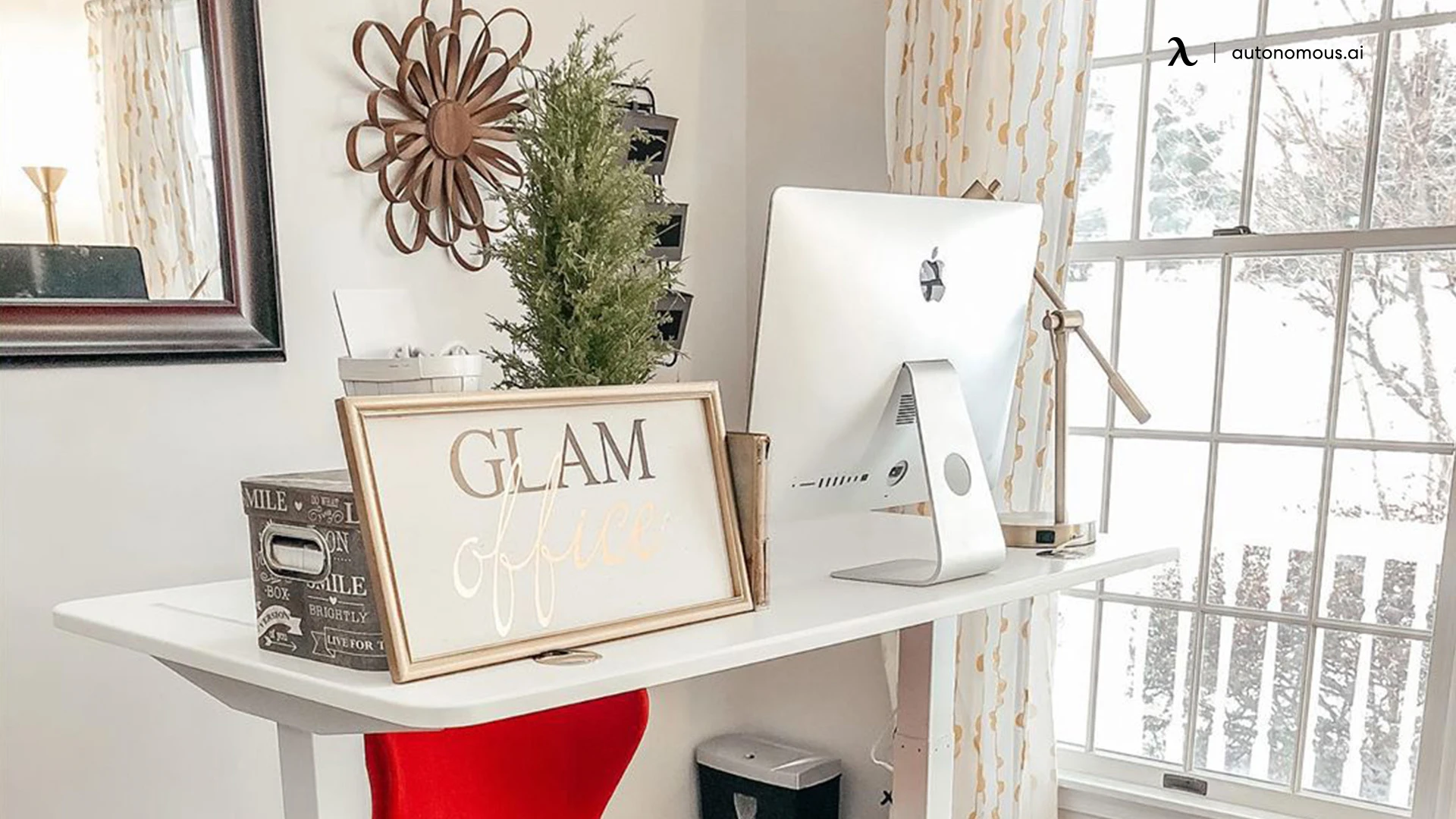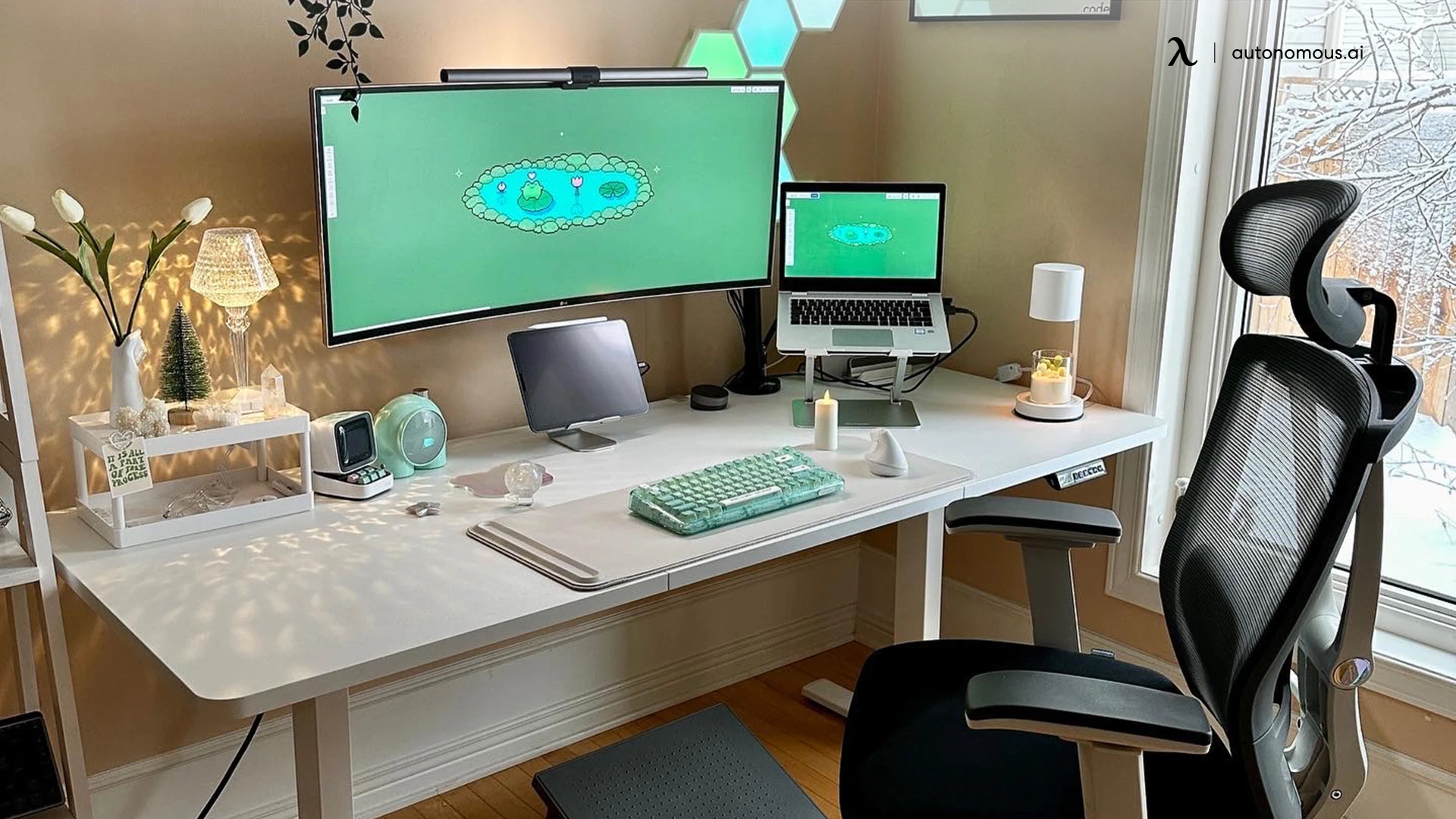- Newest
- Most viewed
Interested in a Link Placement?

Apple Watch Series 11 Review: Should You Upgrade?
Honest Apple Watch Series 11 review after 3 weeks: 24-hour battery, health features, GPS testing. At $399, who should upgrade? Full pros & cons.
Latest Updates | Dec 10, 2025 208 views

Best $20 Christmas Gifts That Don’t Feel Cheap at All
Latest Updates | Dec 6, 2025 228 views

Best Office Christmas Tree Ideas for Every Workplace
Latest Updates | Dec 7, 2025 544 views

6 Best Small Christmas Gift Ideas for Coworkers Under $5
Latest Updates | Dec 5, 2025 185 views

25 Festive Office Christmas Party Decor Ideas
Latest Updates | Dec 5, 2025 862 views

Christmas Gift Quotes to Write on Cards, Tags & Messages
Latest Updates | Dec 4, 2025 765 views

15 Creative Christmas Gift Exchange Ideas for Work
Latest Updates | Dec 4, 2025 695 views
.webp)
25 Best Christmas Gifts Under $30 They’ll Actually Use
Latest Updates | Dec 3, 2025 884 views
.webp)
15 Christmas Gifts Under $50 That Feel Like a Big Deal
Latest Updates | Dec 3, 2025 612 views

15 Christmas Gifts Under $25 We’d Happily Give Anyone
Latest Updates | Dec 2, 2025 1,012 views

How to Play the Christmas Gift Exchange Game With Dice
Latest Updates | Dec 2, 2025 352 views

After Christmas Furniture Sales 2025: Save On Top Deals
Latest Updates | Dec 1, 2025 568 views
.svg)
